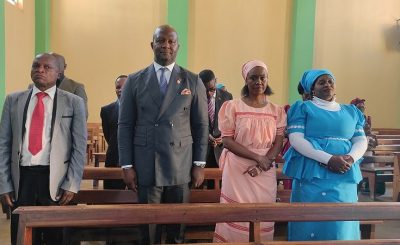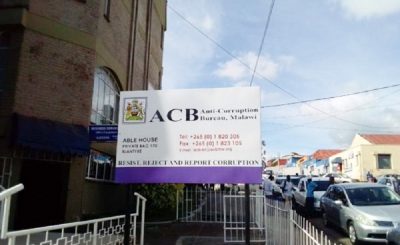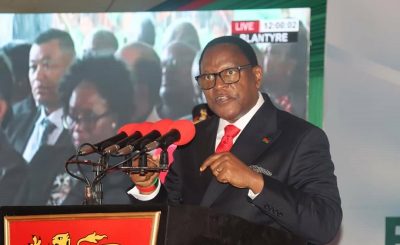An academic think-tank – Education International has established that Malawi is experiencing rapid expansion of privatisation and commercialisation of schools.
Presenting the findings on Tuesday in Lilongwe, Education International researcher Dr. Limbani Sapato said the development is inconveniencing the less privileged.
Dr. Sapato said: “The main finding was that there is rapid expansion of privatisation and commercialization and the challenge with this is that it is inconveniencing the poor, because with rise in privatisation, most of the private schools, they are charging high fees, which are very exorbitant to the poor people.
“Therefore, it is bringing inequalities and most of these private schools are situated in the cities versus the rural areas. So, there is going to be a divide between the rural and urban areas which will increase poverty in the country.”
Dr. Sapato, who was speaking during the official launch of Global Response to Go Public! Fund Education Campaign recommended that authorities need to increase funding in the education sector aiming at improving resources in public schools.
“So, the main recommendation is that the government should increase the allocation to the education sector, so that there are more resources to improve the situation in the public schools.
“In that way, most Malawians would opt to go and have their students in the public schools rather than go for private schools. Because they are things that are very exorbitant,” he said.
Despite acknowledging that access to quality education remains a pressing concern, and that governments worldwide need to step up and prioritise investment in education, deputy minister responsible for education Nancy Mdooko maintained that Malawi is faring well on funding education.
“In Malawi, I don’t think we have a big gap because Malawi commits and allocate 20 percent in the national budget, so there is not really a big gap, and our appeal is to our development partners, and our stakeholders to come and help the ministry because government cannot do it alone. We need the well-wishers to come and help Malawi,” said Mdooko.
Teachers Union of Malawi secretary general Charles Kumchenga has reiterated calls for salary increment as a motivation for the teachers.
Kumchenga said: “We have demanded some of the key issues like construction of classroom blocks, teachers’ houses and the motivation for the teachers and when we are talking of motivation, we are talking of good salaries, we are talking of allowances, and we are talking of at least those things which can at least make a teacher to be happy.”
The research has established that government financing of education is limited is reducing because the budget has reduced from 25 percent of the national budget in 2018, now it is 15.6 % showing that the government is reducing its financing on education.





